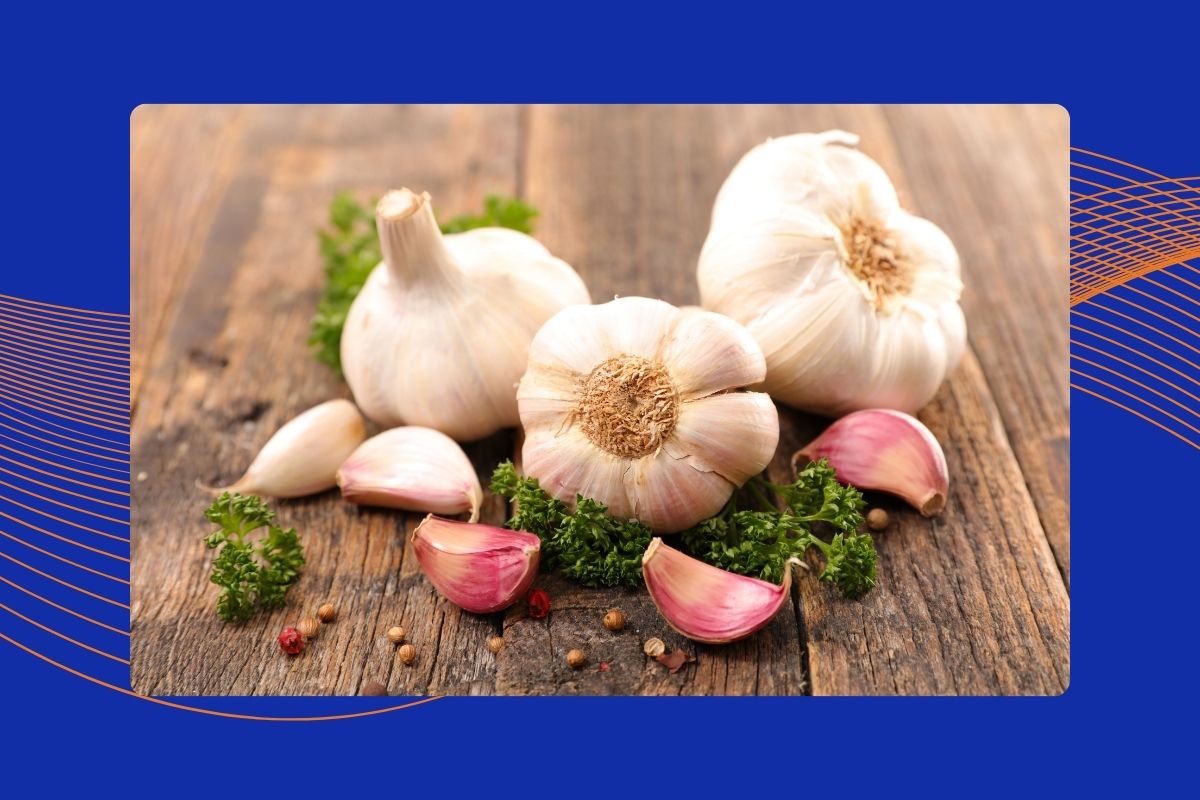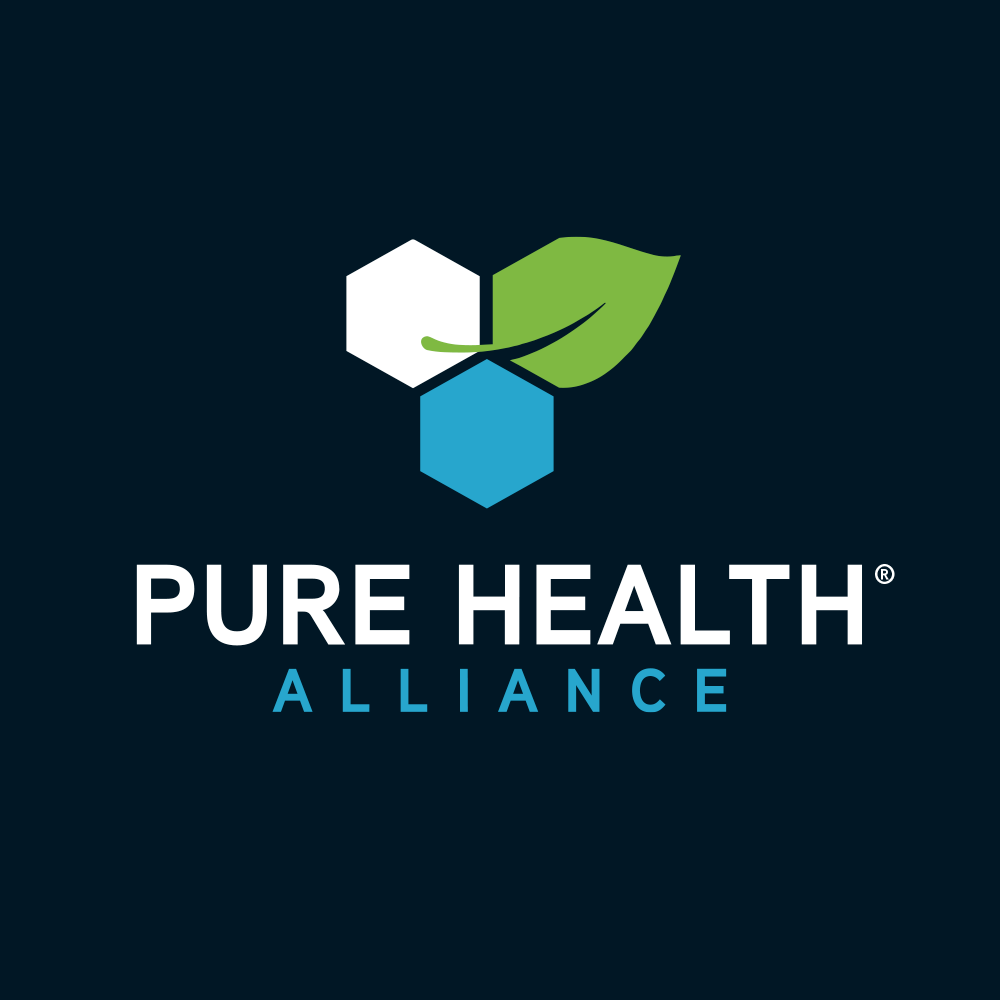- EARTH TO AILMENT
- Posts
- Earth To Ailment#41
Earth To Ailment#41

The National Center for Complementary and Integrative Health (NCCIH) provides a comprehensive overview of Aloe Vera, examining its historical uses, therapeutic applications, and safety profile. Aloe Vera, a plant known for its skin-healing properties, is utilized both topically and orally for conditions such as acne, burns, and diabetes.
However, concerns regarding its safety arise; the FDA has mandated that Aloe latex be removed from over-the-counter laxatives due to safety data deficiencies, and certain formulations may present carcinogenic risks. While topical use is generally well tolerated, oral consumption can lead to adverse effects, including abdominal pain and potential liver damage.
Moreover, pregnant or breastfeeding individuals should consult healthcare providers before use. The NCCIH underscores the importance of informed discussions between patients and healthcare providers regarding any complementary health approaches, given the less stringent regulations governing dietary supplements compared to pharmaceuticals.

The blog post explores the potential benefits of garlic for alleviating back pain, highlighting its anti-inflammatory and analgesic properties. Garlic, particularly its active compound allicin, may reduce inflammation and enhance blood circulation, potentially offering mild relief from muscle pain and stiffness.
While garlic has a long history in traditional medicine for pain management, scientific evidence specifically linking garlic to back pain relief remains limited. The article emphasizes that garlic should not replace professional medical treatment for chronic or severe back pain but rather be considered as part of a holistic approach, which includes a balanced diet and lifestyle changes.
Practical methods for using garlic are suggested, such as consuming it raw, cooking it, or applying garlic-infused oils. Overall, while garlic may be a useful adjunct in managing mild discomfort, individuals experiencing chronic pain are advised to seek comprehensive medical care.

Phytotherapy, the use of plant-derived medications for treating and preventing diseases, is a science-based practice that distinguishes itself from traditional herbalism, which relies on empirical knowledge of medicinal herbs. The term, coined by French physician Henri Leclerc in 1913, has evolved through contributions from other practitioners, establishing evidence-based standards.
Phytotherapeutic preparations include well-studied products like Ginkgo biloba for cognitive disorders, St. John’s wort for depression, and Echinacea for respiratory conditions.
Regulatory perspectives on phytotherapy vary by country—some classify these products as medicines, while others treat them as dietary supplements. Standardization of active compounds in phytotherapeutic products is crucial to ensure reliability and efficacy.
In some nations, these products are integrated into health care systems, but in many others, they remain personal choices. Although phytotherapy shares pharmacological properties with conventional drugs, it cannot be classified as complementary or alternative medicine due to its scientific foundation.

The webpage "Natural Pain Relief for Dogs: 13 Methods" by Dr. Julie Buzby offers a comprehensive overview of holistic approaches to alleviate pain in dogs.
Addressing common issues like arthritis, the article emphasizes the importance of recognizing signs of pain, such as limping or decreased energy. It lists 17 natural remedies, including cold therapy, pulsed electromagnetic field therapy, massage, weight management, and various supplements such as green-lipped mussel and omega-3 fatty acids.
The page underscores collaborating with veterinarians to determine the best pain relief approaches tailored to individual dogs’ needs. It additionally discusses the efficacy of alternative therapies including acupuncture and hydrotherapy.
By combining these methods judiciously, alongside conventional treatments when necessary, dog owners can enhance their pets' comfort and well-being while minimizing reliance on pharmaceuticals. The advice aims to empower pet owners in making informed decisions for their dogs' health.

Pure Health Alliance, located in San Diego, offers a comprehensive approach to healthcare by integrating traditional medicine with modern evidence-based practices. The clinic provides personalized treatment plans addressing various health concerns, including sports medicine, stress management, fertility, and mental health.
Services such as acupuncture, herbal medicine, lifestyle counseling, and massage therapy aim to enhance patients' overall well-being and facilitate recovery from ailments. The practice emphasizes accessibility and quality care, fostering a collaborative environment for optimal health outcomes.
With expertise in treating orthopedic conditions and promoting wellness, Pure Health Alliance aims to empower patients to achieve their health goals. Furthermore, the clinic offers mobile acupuncture services for convenience.
Testimonials reflect the skill and compassion of the practitioners, highlighting successful treatment experiences. This holistic approach ensures that each patient receives tailored care to improve their quality of life.